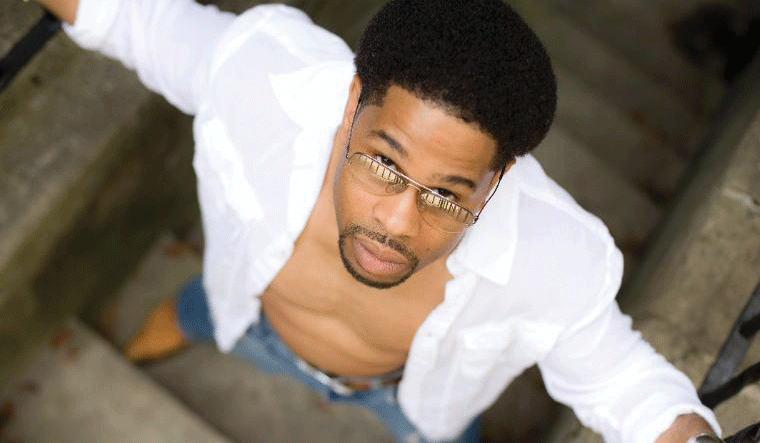Hip Hop Artist Uses Dance to Bring Colgate Students Together
Students gathered in Brehmer Theater at the Dana Arts Center on Friday, February 5, to experience a lecture and demonstration on hip hop created by Duane Lee Holland. Sponsored by the Challenges of Modernity Program, this performance challenged attendees to think about the performance in regard to race and artistic expression.
This event was all about participatory energy. If the audience was particularly moved by something, they were encouraged to let the performers know by yelling out and clapping. Holland wanted the audience to be part of a conversation through art.
Holland has been a part of several well-known dance companies, taught at various universities and performed on Broadway. He spoke about the inclusivity of hip hop.
“Hip hop is a community. You have to participate,” Holland said.
He then asked for audience suggestions about what hip hop is. Responses ranged from “revolutionary” to “urban.” However, Holland had a different view.
“The word hip hop means a knowledgeable mover of a knowledgeable movement,” Holland said.
Holland portrayed hip hop’s origin as a time for people to come together, vibe together and heal each other. He broke down several misconceptions. First, he addressed the fact that there is no such thing as pop-locking, as one can either be popping or locking. Then he explained that there is no such thing as “break dancing,” which was simply a term invented by journalists. It is actually called breaking, and those who have mastered these movements are called “breakers.” Holland wanted to show that hip hop is composed of specific moves to specific rhythm. It is an evolution of traditional African practices. Unfortunately, when people choreograph hip hop, they don’t stay true to the actual technique of the specific moves. Holland believes that when choreographing, one should not just mindlessly move, but should rather move
meaningfully.
For those who had never thought of hip hop in the way Holland described it, attending the event proved to be beneficial and engaging.
“I really enjoyed … learning the history behind [hip hop]. I definitely left knowing a lot more than when I came in,” first-year Gizem Dursuk said.
Holland was excited to invite the dance group DDT onto the stage for the
demonstration portion of his talk. The group had been working with him over the course of the week. He emphasized the fact that the majority of their choreography was all hip-hop movement. The dancers really enjoyed their time with Holland.
“Working with [Holland] was the best part of my week. He challenges us as dancers to not only manipulate the moves we already know but also to understand the theory and origin about those moves,” first-year and DDT member D’Jonita Cottrell said.
Overall, Holland’s wish that the event create a dialogue and inform people of the true nature of hip-hop was fulfilled.
“I hope you were able to have a different experience of hip hop and that you can use this info as a way to create a dialogue as a part of your civic duty,” Holland said.






